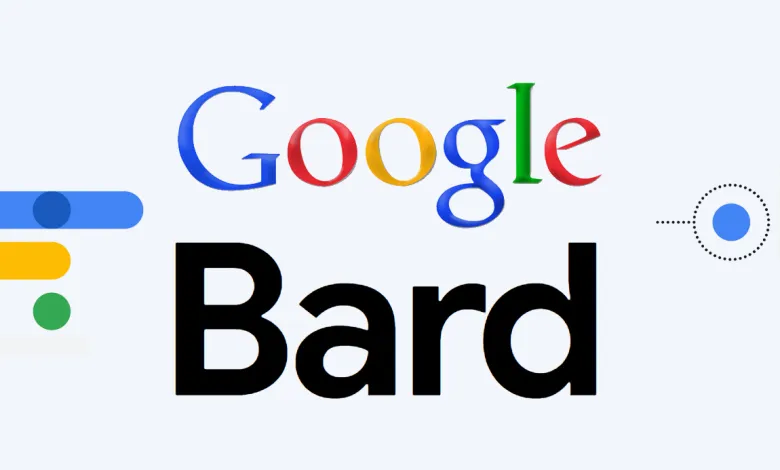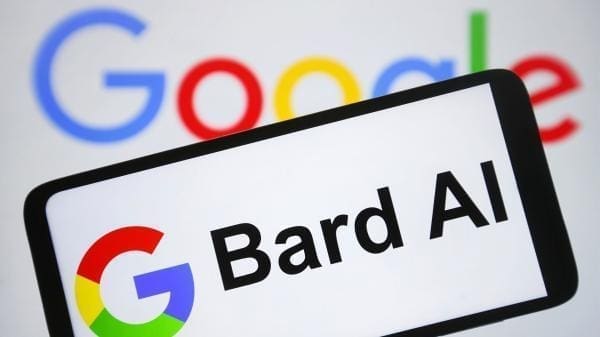Google has concluded its contract with Appen, an Australian data company involved in training large language model-based AI tools used in Bard, Search, and other products, even as competition intensifies in the development of generative AI tools.

In a statement, the search giant said, “We have made the decision to end the contract as part of our ongoing efforts to evaluate and adjust our various supplier partnerships to ensure our vendor operations are as efficient as possible.”
Appen informed the Australian Securities Exchange in a filing that it was not previously aware of Google’s decision to terminate the contract.
Companies like Appen, employing human workers, handle many of the complex aspects of AI training and form the backbone of the entire industry, despite being low-paid.
Appen contractors assist in evaluating the quality of data and responses from AI models. Appen has also contributed to training AI models for companies like Microsoft, Amazon, Meta, and Apple.

Google accounted for approximately one-third of Appen’s revenue, meaning the decision to end the relationship could impact at least two thousand of its subcontracted employees.
In its filing, Appen acknowledged that its work with Google significantly impacted its revenue. Appen’s revenue from Google alone in the fiscal year 2023 was around $82.8 million, and it earned $273 million last year.
Appen boasts a platform of about a million independent contractors across over 170 countries and has a client list that includes major tech companies, with a history spanning nearly 30 years.
However, Appen has struggled in recent years with client loss and declining financial conditions, despite an increase in demand for training data due to generative AI tools.

The company’s revenue dropped by 30% in 2023, following a 13% decrease in 2022, which the company partially attributed to external operational challenges and macroeconomic conditions.
Appen’s current struggle to focus on generative AI reflects years of poor quality controls and a disjointed organizational structure.
Previously, Appen collaborated with tech companies on projects like assessing the appropriateness of search results, aiding AI assistants in understanding requests in different accents, classifying e-commerce images with AI, and building map locations for electric car charging stations.

